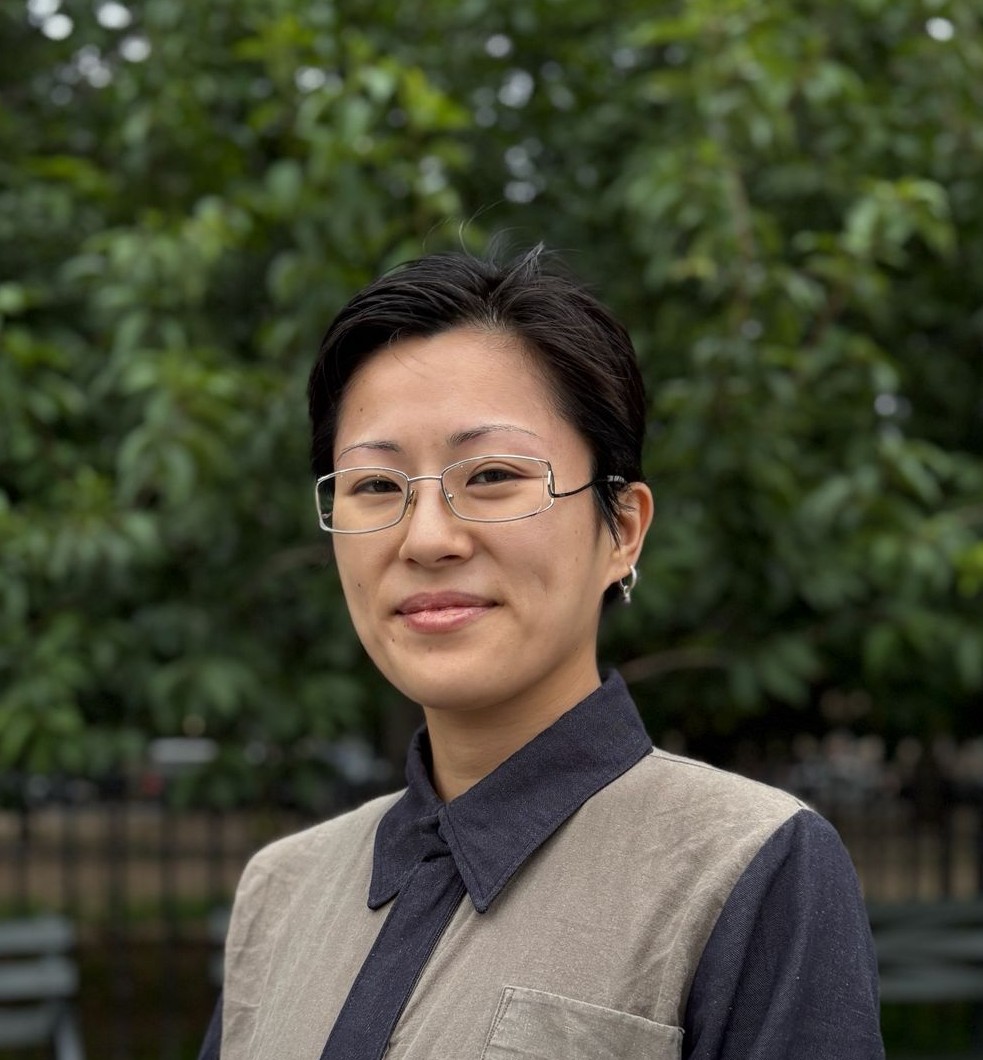Congratulations to the 2025 Section Award winners!
Ibn Khaldun Distinguished Career Award
for outstanding contributions to the subfield of comparative-historical sociology.

George Steinmetz, University of Michigan Ann-Arbor
Barrington Moore Book Award
for the best book (or books) in the area of comparative-historical sociology.

Zeke Baker, Sonoma State University, Governing Climate: How Science and Politics Have Shaped Our Environmental Future. (University of California Press, 2024.)
Charles Tilly Article Award
for the best article (or articles) in the subfield of comparative-historical sociology.



co-winner: Andreas Wimmer, Seungwon Lee, and Jack LaViolette (Columbia University), “Diffusion Through Multiple Domains: The Spread of Romantic Nationalism Across Europe, 1770–1930.” American Journal of Sociology 130 (4): 931–75.

Co-winner: AKM Skarpelis (Queen’s College, CUNY), Horror Vacui: Racial Misalignment, Symbolic Repair, and Imperial Legitimation in German National Socialist Portrait Photography1 | American Journal of Sociology: Vol 129, No 2.



Honorable Mention: Honorable Mention: Joy Chen (Renmin University), Erik H. Wang (NYU), and Xiaoming Zhang (Zhejiang University), “From Powerholders to Stakeholders: State‐building with Elite Compensation in Early Medieval China.” American Journal of Political Science 69 (2): 607–23.
Theda Skocpol Dissertation Award
for the best doctoral dissertation (or dissertations) in the area of comparative-historical sociology.

Winner: Mary Shi, UC Berkeley, “Settlers’ Republic: Land, Infrastructure, and the Emergence of New Technologies of Government in the United States, 1789–1862”

Honorable Mention: Youbin Kang, University of Wisconsin-Madison, “Underground Labor and the Politics of Circuits: Public Transit Systems of New York and Seoul, 1974-2022”
Reinhard Bendix Student Paper Award
for the best graduate student paper (or papers) in the subfield of comparative-historical sociology.
Co-winner: Peter Kent-Stoll, UMass Amherst, “Dispossessory citizenship: The settler colonial state and the Bureau of Indian Affairs’ relocation program, 1952–1972.” Social Problems 71, no. 4 (2024): 1014-1031.
Co-winner: Emily H. Ruppel, UC Berkeley, “How Work Becomes Invisible: The Erosion of the Wage Floor for Workers with Disabilities.” American Sociological Review 89, no. 5 (2024): 907-936.
Honorable Mention: Muhammad Amasha, Yale University, “Theorizing Dilemmas through Intellectuals’ Politics”